دین در گرجستان نقشی مهمی در شکلگیری هویت ملی، فرهنگی و اجتماعی این کشور ایفا کرده است. از پذیرش مسیحیت در قرن چهارم میلادی تا به امروز، باورهای مذهبی در زندگی روزمره مردم گرجستان حضور پررنگی داشتهاند. کلیساهای تاریخی، آیینهای مذهبی و سنتهای دینی، بازتابی از پیوند عمیق مردم با مفاهیم مذهبی هستند. در این مقاله به بررسی تاریخچه، تنوع دینی، تأثیر دین بر جامعه و چالشهای معاصر مذهبی در گرجستان میپردازیم.
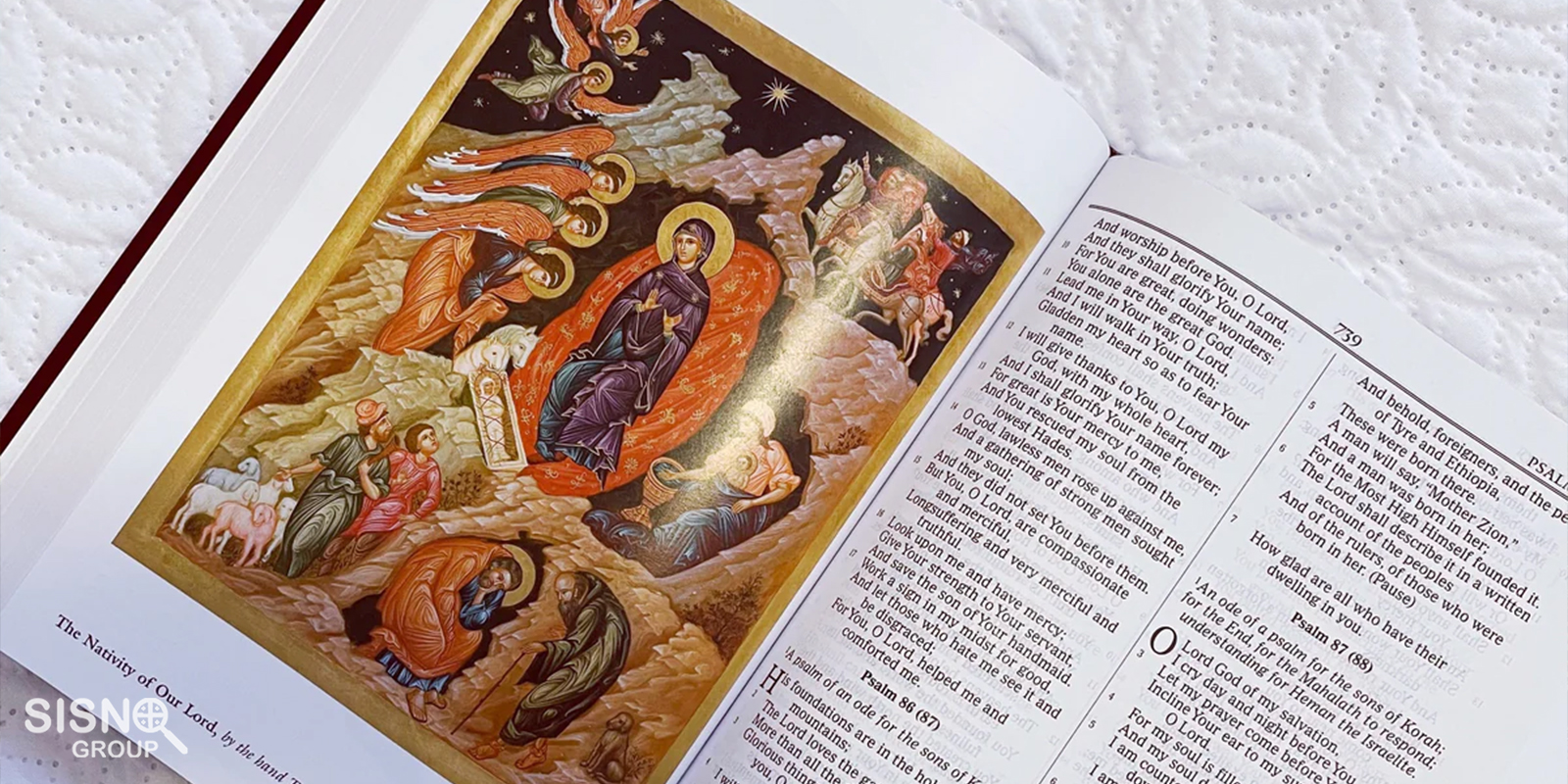
دین مردم گرجستان
مردم گرجستان از دیرباز به دین مسیحیت پایبند بودهاند و این کشور یکی از نخستین سرزمینهایی است که در سال ۳۲۶ میلادی، مسیحیت را به طور رسمی پذیرفت. نقش اصلی در این تغییر دین را «سنت نینو» ایفا کرد؛ بانویی مذهبی از کاپادوکیه که با تلاشهای خود، شاه میریان سوم و همسرش نانا را به مسیحیت جذب کرد. کلیسای ارتدکس گرجی از قرن پنجم به صورت خودمختار شناخته شد و از آن زمان نقش محوری در فرهنگ و هویت ملی گرجستان داشته است.
با وجود حملات و فشارهایی که در طول تاریخ برای حذف دین از فرهنگ گرجستان وارد شد، مردم این کشور موفق شدند ایمان خود را حفظ کنند. در دوران شوروی، دین و مظاهر آن به شدت سرکوب شد؛ کلیساها بسته شدند، روحانیون مورد آزار قرار گرفتند و آیینهای مذهبی ممنوع شد. با این حال، اعتقاد مذهبی در دل خانوادهها زنده ماند. پس از فروپاشی اتحاد جماهیر شوروی در سال ۱۹۹۱، کلیسای ارتدکس گرجستان با قدرت بیشتری احیا شد و جایگاه خود را دوباره در جامعه تثبیت کرد.
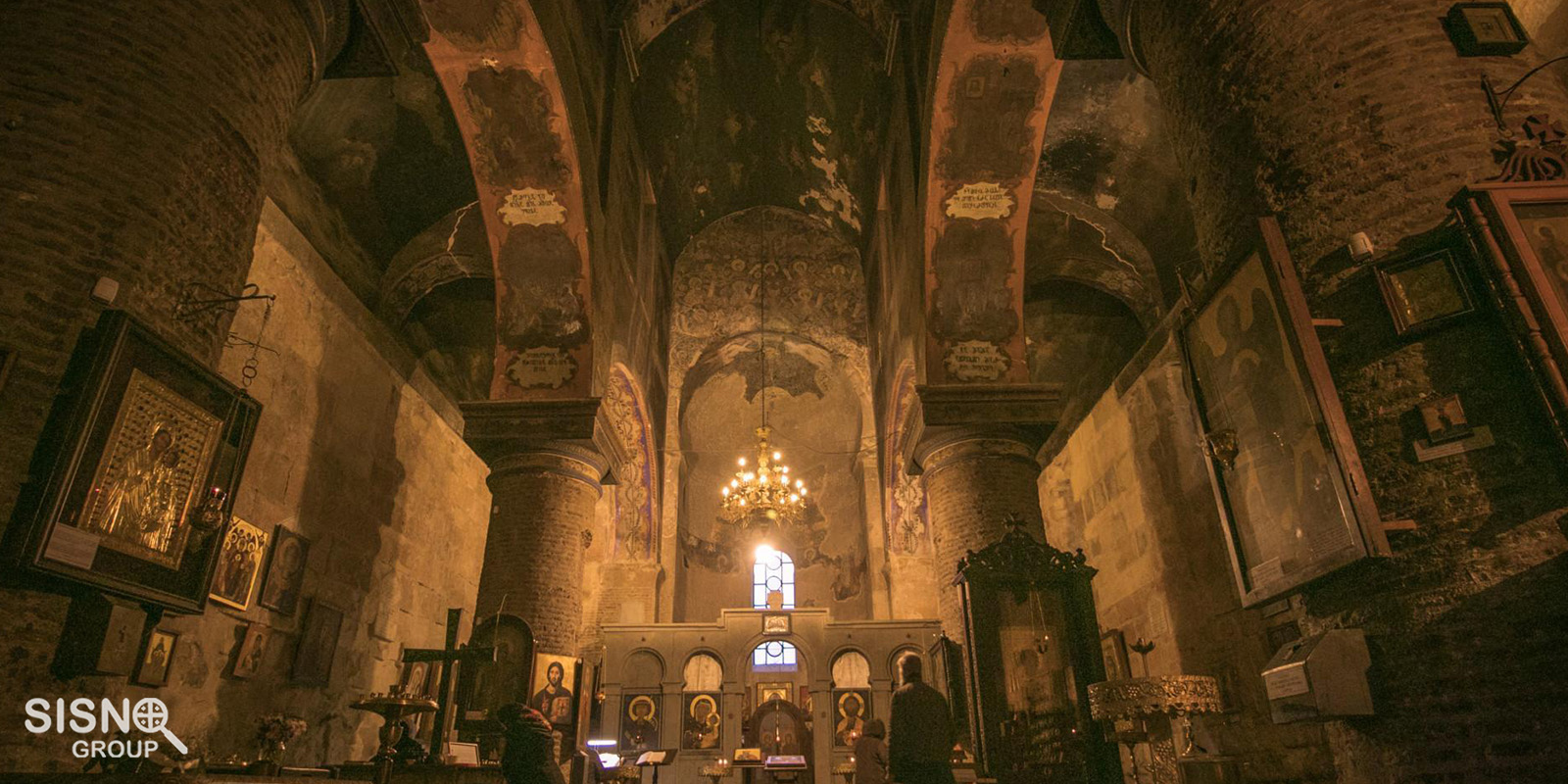
دین رسمی گرجستان
دین رسمی گرجستان، مسیحیت ارتدکس است که در قالب کلیسای ارتدکس گرجستان شناخته میشود. این کلیسا بخشی از سنت ارتدکس شرقی است و بر سنت مقدس، احترام به قدیسان و نقش جامعه مؤمنان در حیات کلیسا تأکید دارد. کلیساهای گرجستان نه تنها مکانهایی برای عبادت هستند، بلکه شاهکارهایی از هنر و معماری نیز محسوب میشوند. از صومعههای سنگی واردزیا گرفته تا کلیسای گرگتی در دل کوه و کلیسای باستانی سوتیتسخوولی در متسختا، هر یک نماد استواری ایمان مردم گرجستان در طول قرون متمادی میباشند.
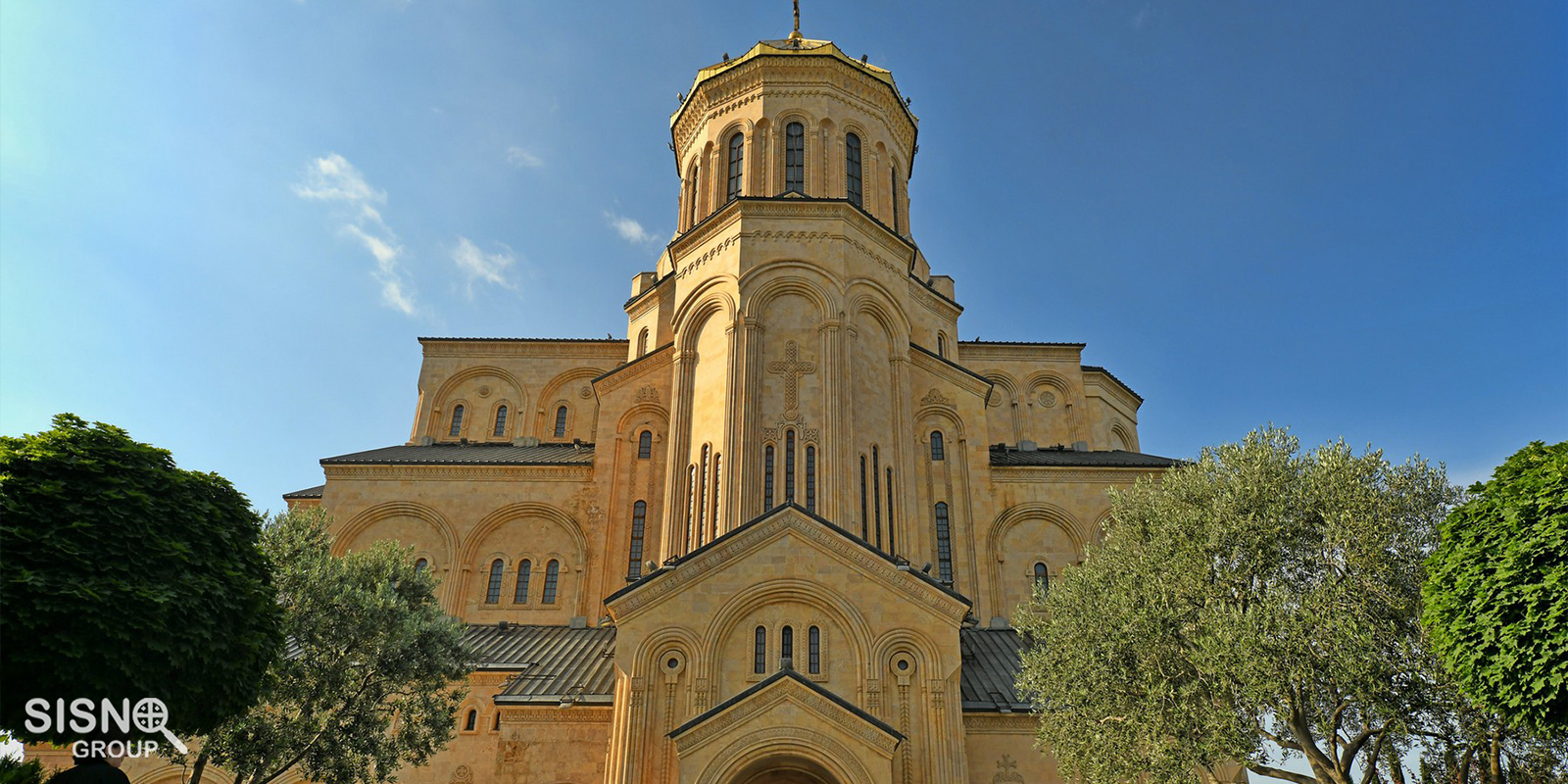
تنوع دین در گرجستان
گرچه اکثریت مردم گرجستان پیرو کلیسای ارتدکس هستند، اما این کشور از نظر مذهبی تنوع قابل توجهی دارد. اسلام دومین دین پرطرفدار است، مخصوصا در منطقه آجارا و در میان اقلیت آذربایجانی. همچنین ادیان دیگری مانند کلیسای حواری ارمنی، کاتولیک، یهودیت، یزیدیان و برخی فرقههای پروتستان در گرجستان وجود دارند. این تنوع دینی، خصوصا در تفلیس، فضایی باز و چندفرهنگی ایجاد کرده که یکی از عوامل جذاب برای زندگی گرجستان به شمار میرود.
با افزایش تقاضا برای اقامت گرجستان از سوی دانشجویان، مهاجران و دیجیتال نومدها، فضای دینی این کشور به سمت پذیرش بیشتر فرهنگهای مختلف حرکت کرده است. اگرچه مسیحیت ارتدکس همچنان دین غالب است، اما احترام به سایر ادیان در جامعه گرجی به وضوح دیده میشود. بسیاری از ساکنان خارجی با کنجکاوی و علاقه در مراسم مذهبی، بازدید از کلیساها و جشنهای سنتی گرجی شرکت میکنند و این تعامل، تجربه اقامت در گرجستان را برای آنها غنیتر میسازد.

تاثیر دین در جامعه گرجستان
دین در جامعه گرجستان نقش پررنگ و ماندگاری دارد و قرنهاست که به عنوان بخش جداییناپذیر از هویت ملی این کشور شناخته میشود. در دورههایی که گرجستان تحت اشغال یا تهدید قرار داشت، کلیسا به عنوان تنها نقطه امید مردم عمل میکرد. هنوز هم در زندگی روزمره گرجیها، نشانههایی از این پیوند عمیق دیده میشود؛ از روشن کردن شمع در کلیساها گرفته تا روزهداری در ایام مذهبی. تأثیر دین نه تنها در خانواده و آموزش، بلکه در رفتارهای اجتماعی و حتی گفتمانهای سیاسی مشهود است. بسیاری از جوانان گرجی نیز با وجود سبک زندگی مدرن، در مناسبتهای خاص مذهبی همچنان پیرو سنتهای دینی خانوادههای خود هستند.
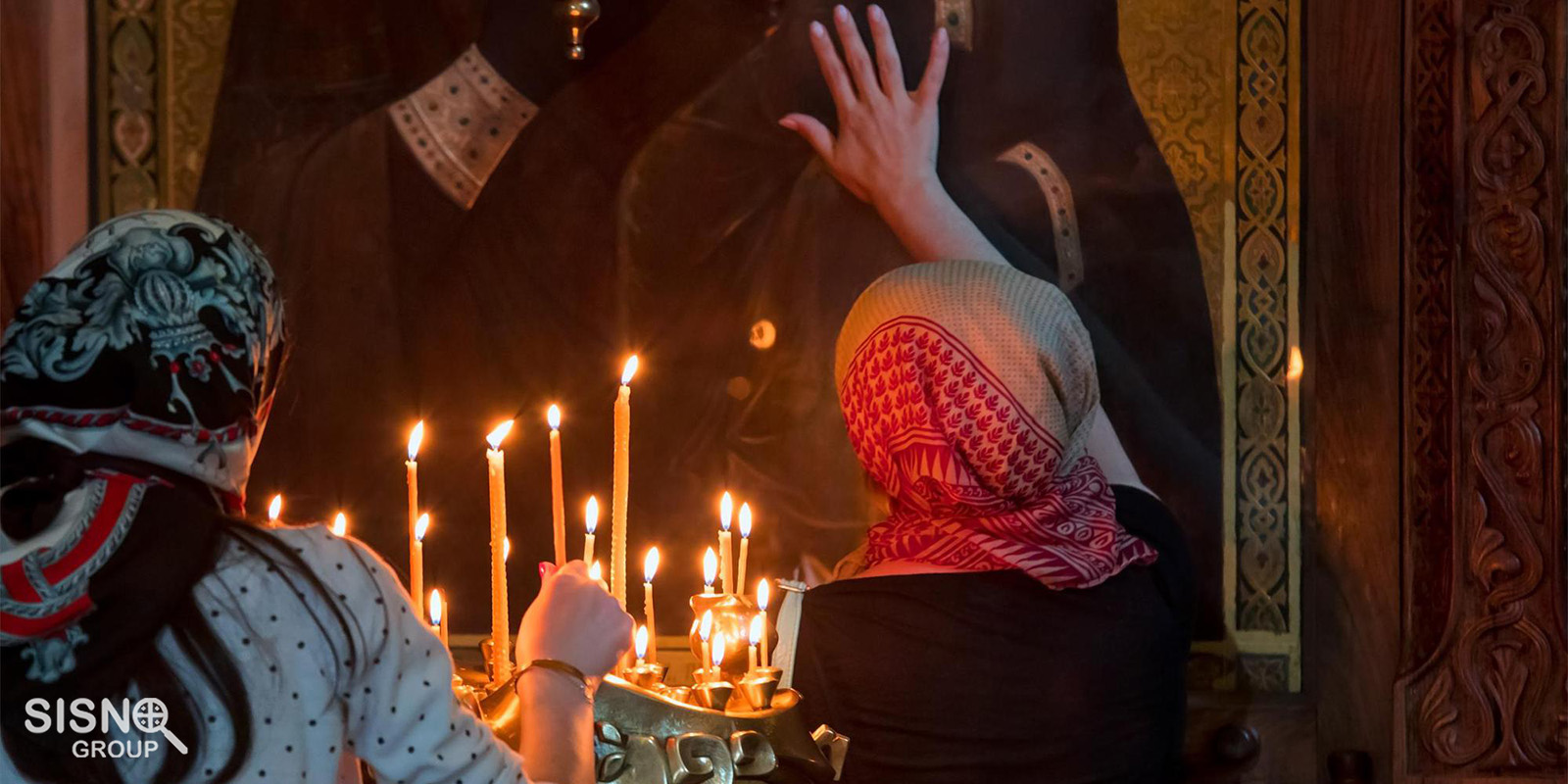
ارتباط دین در گرجستان و زبان آن
دین و زبان گرجستان پیوندی عمیق و تاریخی با یکدیگر دارند. زبان گرجستان نقشی کلیدی در حفظ هویت مسیحی این کشور ایفا کرده است. الفبای گرجی در قرن پنجم میلادی برای ترجمه متون مقدس مسیحی از جمله کتاب مقدس ایجاد شد. تا به امروز، بسیاری از مراسم مذهبی در کلیساها به زبان گرجی باستانی (آسومتاورولی) برگزار میشوند و سرودها و متون مذهبی همچنان این ارتباط قوی میان ایمان و زبان را حفظ کردهاند.
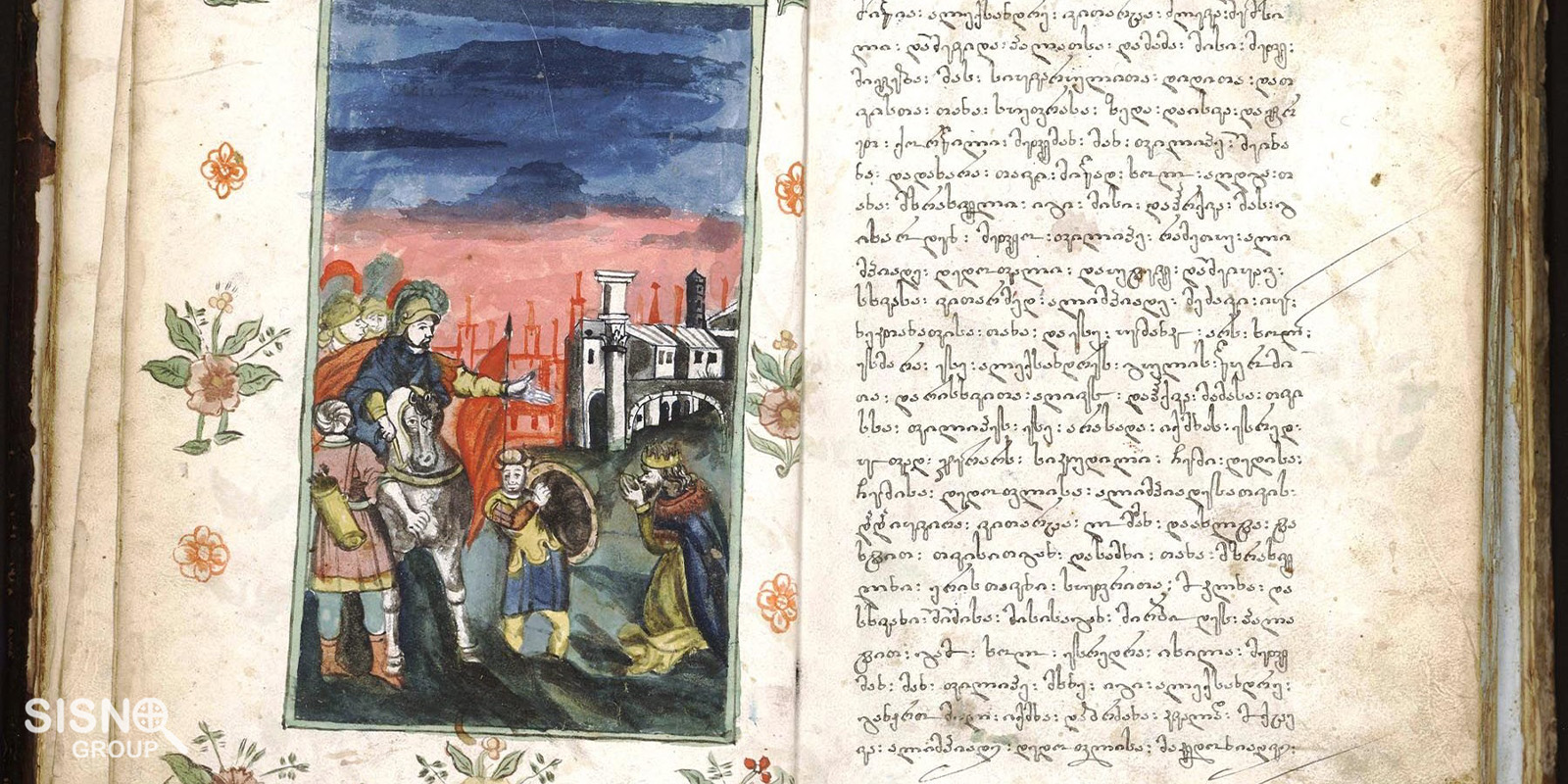
چالش های دین در گرجستان
با وجود پیشینه عمیق معنوی، دین در گرجستان با چالشهایی روبهروست. یکی از مهمترین مسائل، تعارض میان ارزشهای سکولار مدرن و باورهای سنتی مذهبی است. تأثیر گسترده کلیسا بر سیاستگذاریها نیز نگرانیهایی درباره جدایی نهاد دین از دولت ایجاد کرده است. همچنین اقلیتهای دینی گاهی از تبعیض یا دسترسی محدود به زیرساختهای مذهبی شکایت دارند. با رشد تنوع فرهنگی و افزایش تقاضا برای اقامت گرجستان، حفظ تعادل میان هویت مذهبی و پذیرش پلورالیسم، به چالشی جدی تبدیل شده است.
کلام آخر
دین همچنان بخش جداییناپذیر از زندگی مردم گرجستان است؛ چه در قالب سنتهای مذهبی و چه در ساختار فرهنگی و اجتماعی جامعه. با وجود چالشهای مدرن و تنوع فکری، کلیسای ارتدکس گرجستان نقش خود را حفظ کرده و در کنار دیگر ادیان، به شکلگیری فضای چندفرهنگی کشور کمک میکند. آینده دین در گرجستان بستگی به توانایی این جامعه در حفظ باورهای سنتی در کنار پذیرش تنوع و مدرنیته خواهد داشت.

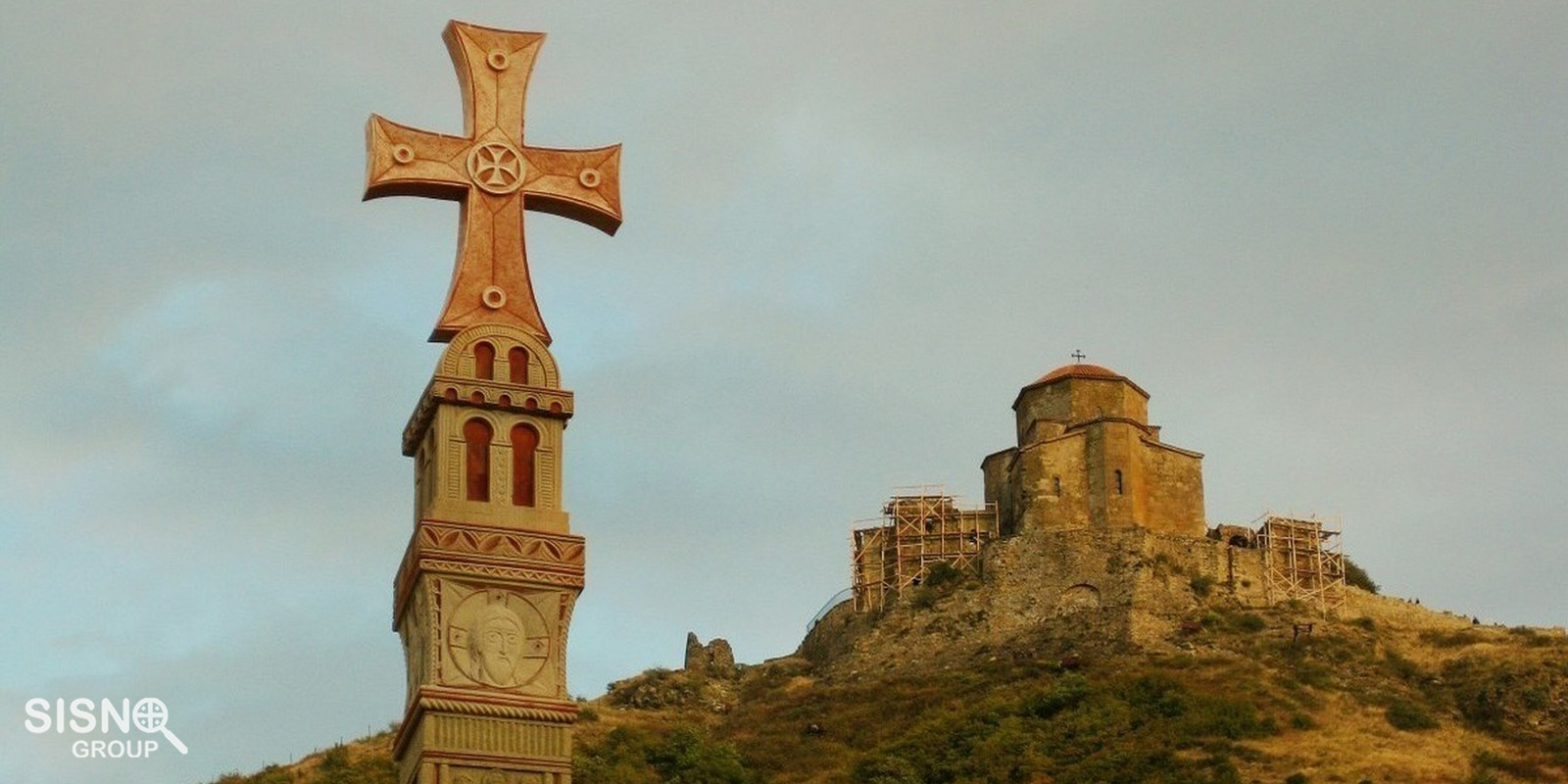
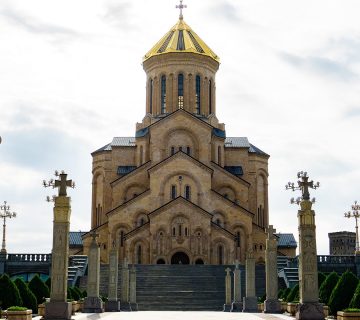
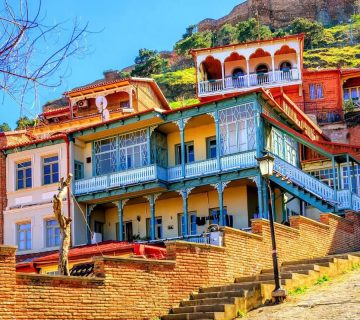
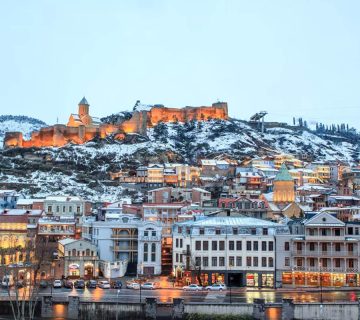
بدون دیدگاه